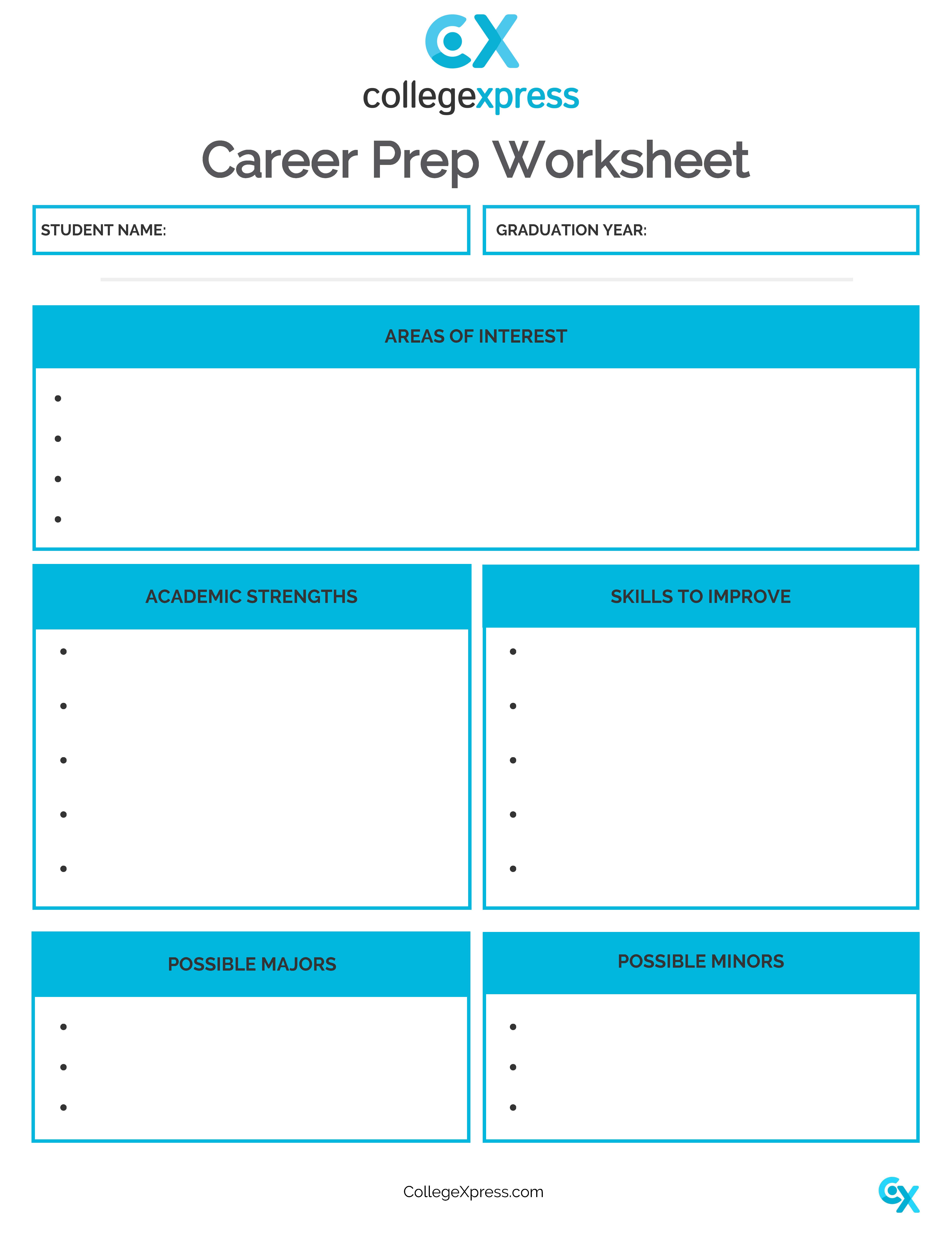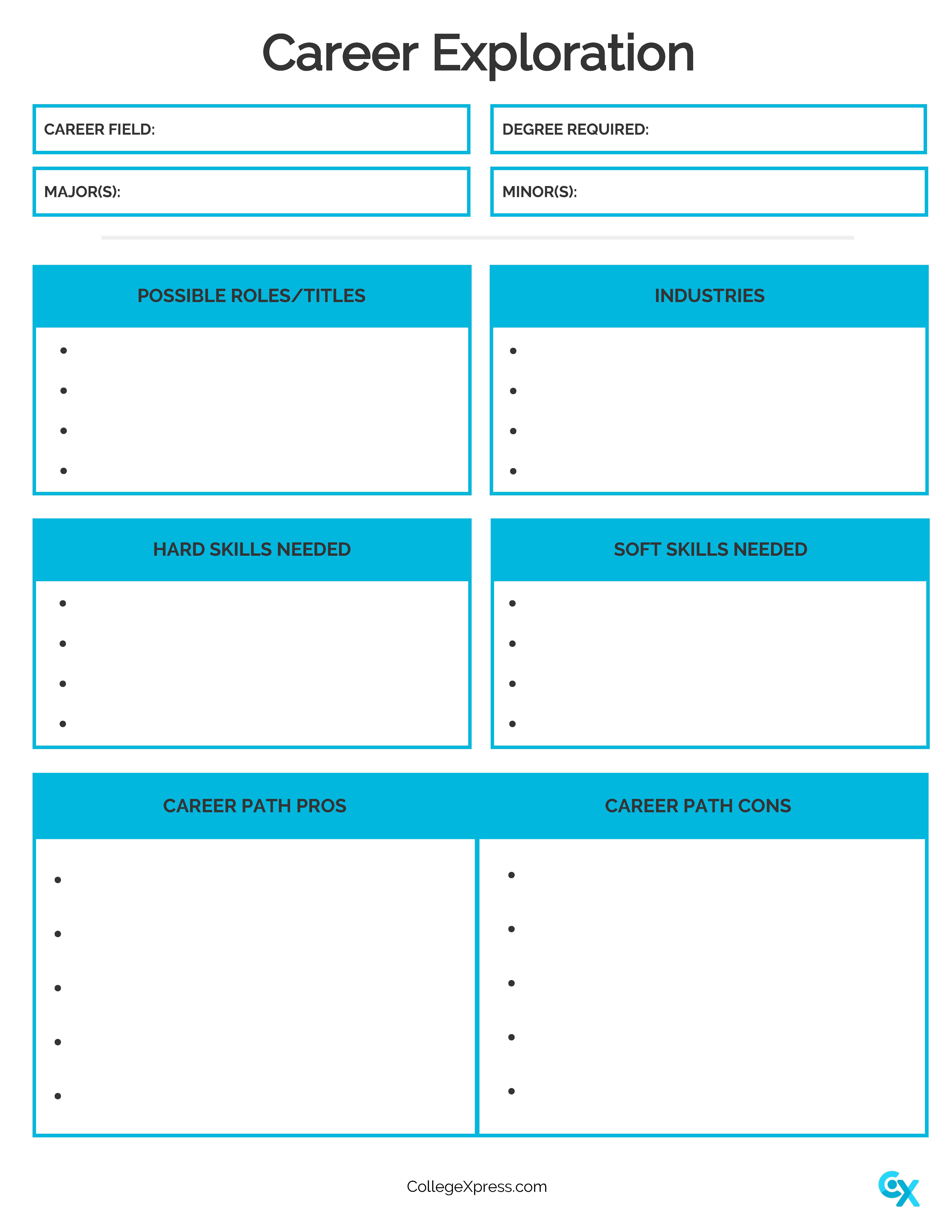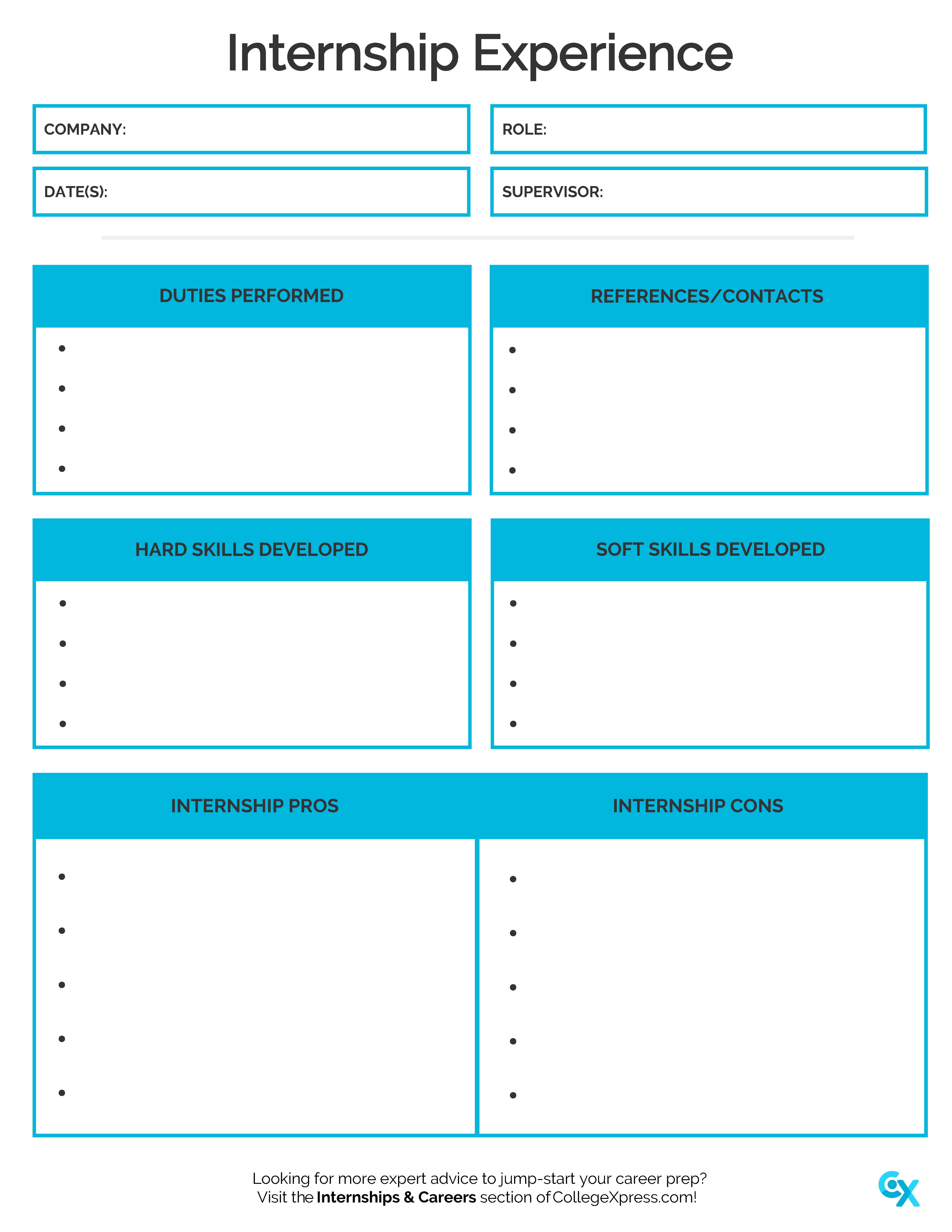There was once a time that simply earning a college degree could land students a job following graduation. Though there are a handful of professions that offer a pipeline from college to career, these jobs are few and far between. With that being said, remember: Regardless of the major you choose or the degree you earn, career preparation should remain at the forefront of every student’s mind from the day you start looking for colleges to the day you accept a post-grad job offer. Need more convincing? Here’s what you should know about the importance of career prep.
Why do students go to college?
Students may opt to apply to college because it’s what’s expected of them after high school; to pursue their dream job; to get away from home; to become associated with a “top” school; and/or to make their family proud. The reasons vary and are highly individual, but the vast majority of students pursue college with the goal of becoming qualified for a good job—especially if they have a career path in mind that makes them excited—and make a decent living.
According to a New America survey, Deciding to Go to College, the top three reasons students decide to go to college among the reasons listed in the survey were:
- To improve employment opportunities (91%)
- To make more money (90%)
- To get a good job (89%)
Seven out of 10 students describe these reasons as “very important,” and the data backs these ambitions:
- The unemployment rate for Americans with only a bachelor’s degree was 2.5% in 2017, according to the Bureau of Labor Statistics. The unemployment rate for Americans who earned a high school diploma but didn’t attend any college was almost doubled at 4.6%.
- College graduates have more earning potential on average than people who only have a high school diploma. Data from the Bureau of Labor Statistics shows that in 2021, people with a college degree made around $1,334 a week, while someone with a high school diploma earned just $809.
- Bachelor’s degree holders ages 25–34 earned a median income of around $59,600 in 2020, while their peers without college degrees earned $36,600, according to the National Center for Education Statistics.
However, a degree in hand does not guarantee a job post-graduation. Things have changed drastically over the last several decades, and gone are the days of a degree opening doors without additional effort and considerations.
Related: Top 10 Career Fields in America: What You Should Know
Misconceptions about college and careers
Students and parents have many beliefs about what a college degree can bring, and some of those beliefs are no longer accurate in today’s competitive job market. But one incredibly common misconception seems to stand above the rest:
“All that college graduates need to be marketable to employers is a college degree...especially if that degree is from a reputable college.”
Unfortunately, that’s simply not the case anymore. “The fact of the matter is that the college graduate job market is very different now than it was 10 or 20 years ago,” said Mark Schappert, a University Employer Relations Partner and College-to-Career Consultant. “Even though overall employment levels were very high going into this past spring, a surprising number of college graduates have been struggling for the last decade to launch and land professional entry-level jobs.”
How the weight of a college degree has decreased
Years ago, higher education used to be considered more of a privilege than a logical next step. Now, more students than ever are earning a four-year degree than in the past—and as a result, there are more college graduates than there are skilled entry-level jobs. According to the Bureau of Labor Statistics, between 1910 and 2000, the employment of professional, technical, and kindred workers grew from 1.7 million to 30.2 million. College completion rates have quintupled between 1940 and 2010. So though unemployment is relatively low, we’re seeing a phenomenon of “underemployment.” In fact, in December 2022, about 38.1% of recent college graduates were underemployed, according to data from Statistica.
One of the contributing factors to underemployment is the increase in jobs “preferring” or outright requiring applicants to have a college degree. For example, according to a 2014 Burning Glass Technologies report, 34% of job postings for secretaries and administrative assistants requested a college degree. Economists call this phenomenon “degree inflation” or “credential inflation.” More alarmingly, the unemployment rate for young college graduates exceeds that of the general population.
What students need to do to graduate college career-ready
“These days, a career-ready college graduate needs a degree...plus a little extra,” says Schappert. There are four elements that are crucial to becoming a well-rounded, career-ready job candidate after graduation:
- Job hunt and career field smarts: Basic job search–related skills (search strategies, résumé writing, interviewing) in addition to field awareness, knowledge, and interest
- Experiences outside of the classroom: Internships, co-ops, projects, volunteering, extracurricular activities
- A professional network: You know what they say: It’s not what you know. It’s who you know.
- Both soft and hard skills that align with career interests: Oral communication, teamwork, critical-thinking, and industry-specific technology skills
In addition to developing these, successful college-to-career launchers begin thinking about and planning for careers early in college, are proactive in taking control of their career preparation, and use the abundance of resources available to them (college career services are there for a reason!).
Related: Boost Your Career Advantages With These 5 Liberal Arts Skills
The role of counselors in career prep
One of the many valuable resources available to high school and college students is counseling services. Though high school counselors can help with a student’s transition to college, they often have limited time and varying levels of expertise when it comes to career preparation. Fortunately, college counselors—particularly those in the career services department—can be incredibly helpful (when they have the time).
Utilizing career services in college
According to a 2017 Strada-Gallup Student Survey, after creating or updating a résumé, students tend to favor their career services center’s least beneficial services—taking a skills test, for example—more than they do the more beneficial ones. To boot, fewer than 20% of undergraduate students seek out their school’s career centers for advice on finding jobs or applying to graduate programs, both of which the recent report identifies as some of the most valuable services offered at career centers. If we could offer just one piece of advice: be proactive and utilize the career services office at your college or university, and take advantage of all their offered services!
Hiring a private college or career consultant
Hiring a professional can be a smart move if free career services and resources available to you aren’t “doing the trick.”
- College consultants can help you identify schools that are a good match for your academic strengths and interests, advise on crafting strong applications, and assist in maximizing financial aid.
- Private career consultants or coaches can help you target careers that are a good fit for your skills and areas of interest, strongly prepare to launch a career upon graduation, and develop and execute an individualized college-to-career plan.
Related: 8 Reasons to Use the Career Center Before Senior Year
Next steps
In order to truly prepare for today’s competitive job market, students must make a commitment to not only earn a college degree but proactively prepare for their desired career path(s) throughout their college years. A few final tips:
- Learn as much about yourself as you can and find a few career paths that interest you.
- Explore and learn about various career options that could be a good fit for your skills and interests.
- Don’t stop after choosing a major—get granular about what specialty or concentration of that broad academic category you want to pursue.
- Focus on becoming strongly prepared and ready to launch your career upon graduation.
Download our free Career Prep Worksheet!
To get you started, we’ve created this free-to-download Career Prep Worksheet. It’s a PDF, so you can print it out or fill it out on a desktop computer. The second page is meant to be an in-depth exploration of a certain career field that it can be duplicated or printed multiple times—one for each of your areas of interest. You can also print the third page as many times as needed to track each internship you complete throughout your high school and college career.
* To download, either click the images above or link below to open the worksheet in a new window. From there, choose the download button or choose "File" then "Save as..." in your browser's main menu. Happy career planning!
Download the worksheet now, and find more information on different career paths in our Internships and Careers section!











